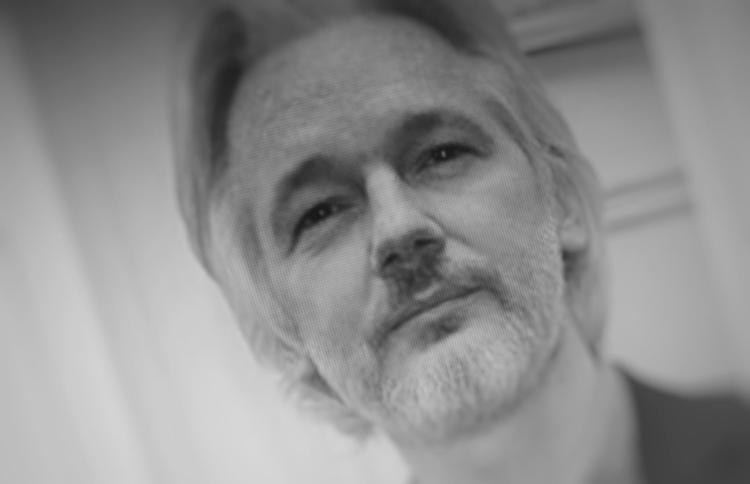After almost four years holed up in the Ecuadorian Embassy in London, WikiLeaks founder Julian Assange may have found a powerful ally in a United Nations (U.N.) panel that has reportedly ruled he had been “unlawfully detained” there, according to the BBC.
UN panel considering 'unlawful detention' of Wikileaks founder Julian Assange's rules in his favour, BBC understands https://t.co/6B6OSTfVaM
— BBC Breaking News (@BBCBreaking) February 4, 2016
Assange fled to the embassy back in 2012 to avoid extradition from the U.K. to Sweden on sexual assault charges. The man behind WikiLeaks was soon granted asylum, and it was argued that the real reason extradition to Sweden was being sought was to make it easier for U.S. authorities to get their hands on him. WikiLeaks, if you remember, published a series of damning revelations from whistleblowers that pertained to U.S. government agencies and other authorities around the world.
Even though Assange entered the embassy of his own free will, in 2014, Assange filed a complaint with the United Nations that he was being “arbitrarily detained” there, because he would be arrested if he were to leave the premises.
While the U.N. has yet to formally announce its decision in the case, and won’t do so until Friday, Assange did go on record earlier this morning to confirm he would voluntarily give himself up for arrest should the U.N. panel rule against him. It may have been a carefully orchestrated announcement, however, since he might well have been given a heads-up that a positive decision had been reached.
Assange: I will accept arrest by British police on Friday if UN rules against me. More info: https://t.co/Mb6gXlz7QS pic.twitter.com/mffVsqKj5w
— WikiLeaks (@wikileaks) February 4, 2016
Assange’s case has caused controversy in the U.K., as the government took on the burden of keeping a 24-hour police guard on the embassy, in case he tried to flee. This reportedly cost London police £10 million, which is why the round-the-clock coverage was ditched in October last year.
Should current reports prove true, it will be interesting to see how the U.K. government reacts. Local authorities have maintained that Assange will be arrested as soon as he leaves the embassy. Assange skipped bail to avoid extradition, so it would be extraordinary if he were able to walk away from this situation scot-free.
However, there will likely be more twists and turns yet, and it’s unlikely that the U.K. or Sweden will accept the U.N. ruling. The U.N. panel deciding on this case consists of legal experts, but there is uncertainty over whether the U.N. can exert any formal control over decisions made by British or Swedish authorities. Britain maintains that it will still be obliged to arrest Assange if he leaves the embassy, But Christophe Peschoux from the U.N. said that whatever decision the panel arrives at will be legally binding.
https://twitter.com/UNHumanRights/status/695268279527538688/video/1
There are echoes of Edward Snowden in the Julian Assange case, too. Whistleblower Snowden fled the U.S. in 2013 armed with a dossier of top secret information, and eventually found asylum in Russia, where he has been confined ever since. Last October, Members of the European Parliament voted that Snowden should not face criminal charges and instead should be granted protection against extradition from Europe as a “human rights defender,” though that vote was a symbolic gesture and was not legally binding.


